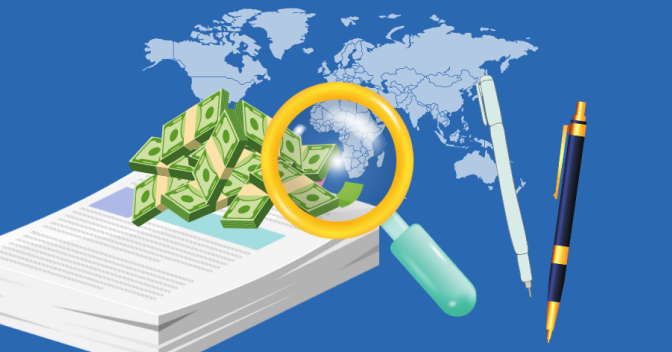We have some good news for you; you don’t have to earn six figures to live a happy, fulfilling life. Although it might seem impossible at times, there are a number of ways you can enjoy yourself to the fullest on a smaller salary. It might take a little time to get used to the changes you may have to make, but once you make those changes, your life will improve, and you can really make the most of it. Read on to find out more.
Click here – The Benefits of the Homeowner Assistance Fund
Track Your Spending
When you have a lower salary, you’ll need to make sure you’re accounting for every penny that goes out of your bank account. If you can track your spending, not only will you see where you can save money, but you’ll start to understand more about what it is you want in life, and that will help you save for bigger and better things.
When you track what you are spending – not just in stores, but online and your bills too – you’ll spot where there are savings to be made. Cut back on the things that aren’t necessary. This is especially important if you’re saving for something important like a trip to see the Eiffel Tower, for example. The money you save can be put into a savings account. You won’t miss it because you were spending it, so it won’t hurt you, and your savings will grow.
Create A Realistic Monthly Budget
By keeping a monthly budget, you will be able to use your money much more wisely, and you’ll always know exactly how much you have to spend on anything. This will stop you from overspending and ensure that your bills always get paid.
A budget is easy to do. You can use specific apps designed to help in this way, or you can just write everything down on a piece of paper – or perhaps use a spreadsheet as it’s easier to change things. How you do it doesn’t matter as much as the fact that you are doing it – and you must.
Start by including your income at the top, and then take away all your non-negotiable costs for the month, such as rent, electricity, food, and so on. What’s left? Whatever is left over that has not been allocated to anything is your ‘spare’ money for the month. This will help you know what you can and cannot buy.
Click here – What Can You Expect If You Have Been Convicted Of A DUI Charge?
Pay Your Debts
As part of your monthly budget, you should always include any debt payments you need to make. If at all possible, ensure that you can pay more than the minimum being asked for. In this way, although it will cost you more in the short term, it will mean that the debt is paid off more quickly and you’ll have no payment at all in a much shorter time.
Once the debt is paid off, try to stick to your new budget to ensure you don’t get into any more financial problems. The money you would have been paying on a loan or credit card can go into your savings account and you’ll quickly build up a good pot of money there to use in any way you want to.



